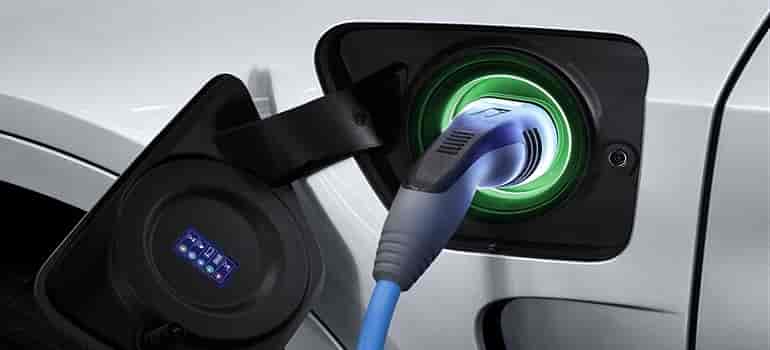
Conducive policy environment for market creation, technology development and setting up of a vibrant manufacturing ecosystem for electric vehicles (EV) can drive electric mobility in India, noted a recent ASSOCHAM-Nomura Research Institute (NRI) joint study.
The paper titled, ‘Electric Mobility – Making it happen,’ jointly brought out by ASSOCHAM and NRI stressed upon the need for a comprehensive action plan in place to work on three pillars of EV (electric vehicle) promotion – consumer acceptance, cost reduction and charging infrastructure.
The study noted that comprehensive action plan would undertake various aspects like – awareness creation, value proposition, promoting local manufacturing, technology evolution, time taken for charging and others.
“A long term and sustainable policy framework is necessary for creation of a vibrant EV ecosystem in India,” said the report which has derived the policy recommendations based on India’s EV vision together with study of global EV developments and peculiarities of India’s EV ecosystem.
Government support along with need to secure raw material supply independent of China, indigenised manufacturing of EV components, enabling regulations to expand charging infrastructure, dedicated focus on skill-development of large workforce, proper lithium recycling mechanism and regulations are certain key components of EV ecosystem that need detailed focus.
“A vibrant manufacturing ecosystem needs to be developed to provide scale and localise manufacturing, thereby leading to reduced costs of EV components,” noted the ASSOCHAM-NRI joint study.
Besides, a pan-India charging infrastructure, consisting of home and public charging stations, will provide the necessary push to stimulate EV demand. Deployment of slow and fast chargers at various locations based on usage and charging requirement along with participation of different stakeholders will enable the creation of a viable model for charging infrastructure.
Considering that introduction of EVs will change the skills required in auto sector, hence dedicated focus on skill development is required for a large workforce.
Following are certain key policy recommendations highlighted in the ASSOCHAM-NRI joint study to promote uptake of EVs in India:
Fiscal incentives needed to bring down initial purchase price and reduce ownership cost.
- Non-fiscal incentives needed to promote overall EV environment by making their use preferential and easy.
- Need to create a viable and convenient charging infrastructure.
- Incentives needed for development of vibrant manufacturing ecosystem and battery recycling infrastructure.
- Need to establish a national EV forum for making policies involving various stakeholders and for continuous dialogue with industry.
- Need for a continuous dialogue with industry.
To know more click here
ALSO READ:
ABB installs electric vehicle fast charger station at NITI Aayog
Oil hunger to grow in nation aiming for only electric car sales

